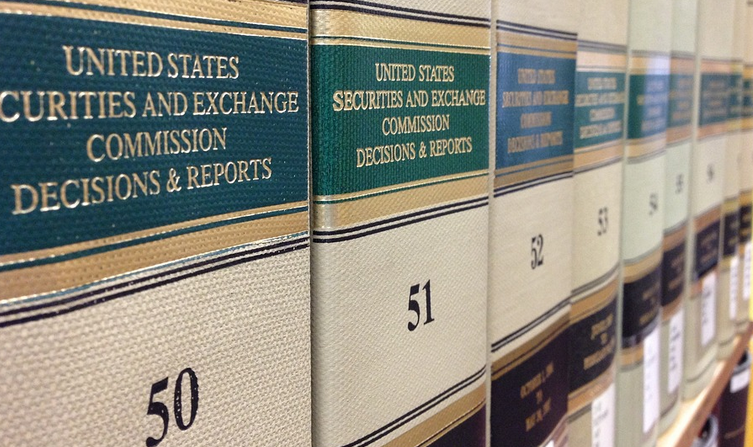Exploring the Themes Behind Their Music
Manchester Orchestra’s music is a powerful blend of raw emotion, introspective lyrics, and intricate arrangements. But it’s their ability to weave deeply personal narratives through their songs that truly sets them apart, leaving listeners feeling seen and deeply connected. There’s a constant undercurrent of introspection in their work, delving into themes of love, loss, faith, and the complexities of human experience. This raw honesty has led many to speculate about the influence of religion on the band’s creative process. While Manchester Orchestra doesn’t shy away from exploring religious themes – often drawing parallels between personal struggles and spiritual questions – their exploration is far more nuanced and multifaceted than a direct “religious” label might suggest.
The beauty lies in the band’s refusal to pigeonhole themselves into a single category. They masterfully use religion as an artistic lens through which to explore our very human need for meaning, connection, and understanding. The band’s lyrics are often characterized by poetic imagery and metaphors that draw inspiration from religious texts but also transcend them.
Think about the way they address faith in songs like “The Gold,” where a child’s faith contrasts with the uncertainty of adulthood. Or “A Winter Coat,” where a character grapples with loss and finds solace in the ephemeral nature of human existence.
However, Manchester Orchestra’s music is also deeply informed by a broader spectrum of human experience: grief, hope, fear, longing – these are all sentiments that resonate in their songs. They don’t shy away from vulnerability and embrace the raw essence of human emotion; it’s what gives their music its power.
Instead of focusing on overt religious themes, Manchester Orchestra presents a more nuanced approach to faith and spirituality. They utilize these themes as artistic tools, weaving them through narratives that reflect the complexities of life. This allows for an individual interpretation of each song, allowing listeners to connect with their own personal experiences and reflections.
It’s crucial to recognize that a band’s approach to spirituality doesn’t necessarily translate into religious themes in every single piece. The connection between their music and faith lies in the ability to explore concepts of hope, despair, love, and loss—themes that transcend any specific religious framework.
The beauty of Manchester Orchestra’s music is this open-endedness: it allows for individual interpretation, leaving room for diverse perspectives on religion. This is what makes their music so powerful and relatable – a reflection of the human condition in all its messy, beautiful complexity.
Ultimately, whether or not Manchester Orchestra’s music can be considered “religious” depends largely on your own personal perspective. But one thing remains clear: they use faith as a catalyst for exploring broader themes of life, death, and everything in between.
Their music is an invitation to delve into our own internal struggles with spirituality, prompting us to reflect on the meaning of life and connect with something larger than ourselves. By embracing these deeper meanings, Manchester Orchestra creates a profound impact that transcends any singular label or interpretation. Their artistry speaks a universal language—one that resonates with those who feel deeply, question their existence, and ultimately find solace in the mysteries of the world.
So how do you define “religious” for music? For many listeners, it’s not about explicit references to dogma but rather a deeper connection to something bigger. Is Manchester Orchestra’s music religious? They may not explicitly answer, and that’s part of their art. Their approach is more nuanced, allowing listeners to find their own meaning within the intricate tapestry of sound.
Manchester Orchestra demonstrates a profound understanding of human experience. Their music is a journey through life’s most challenging emotions, a testament to our shared humanity and the power of music to bridge divides.



